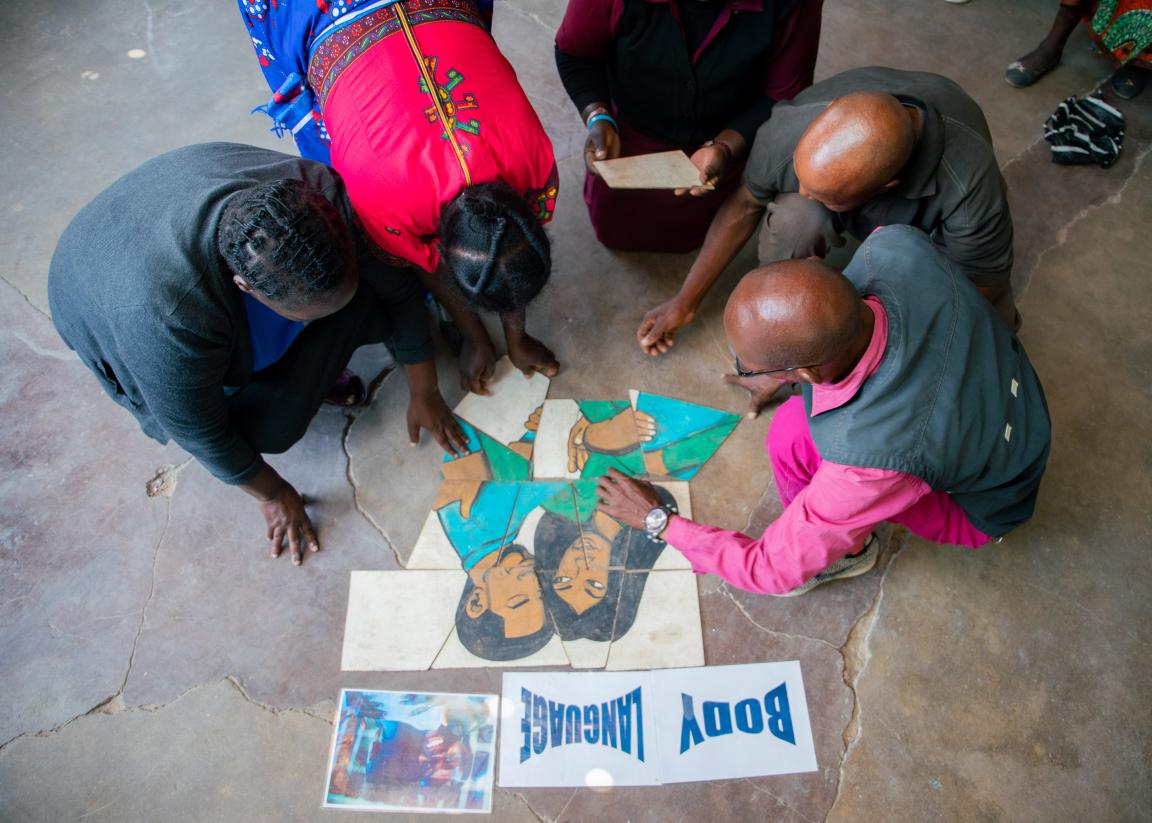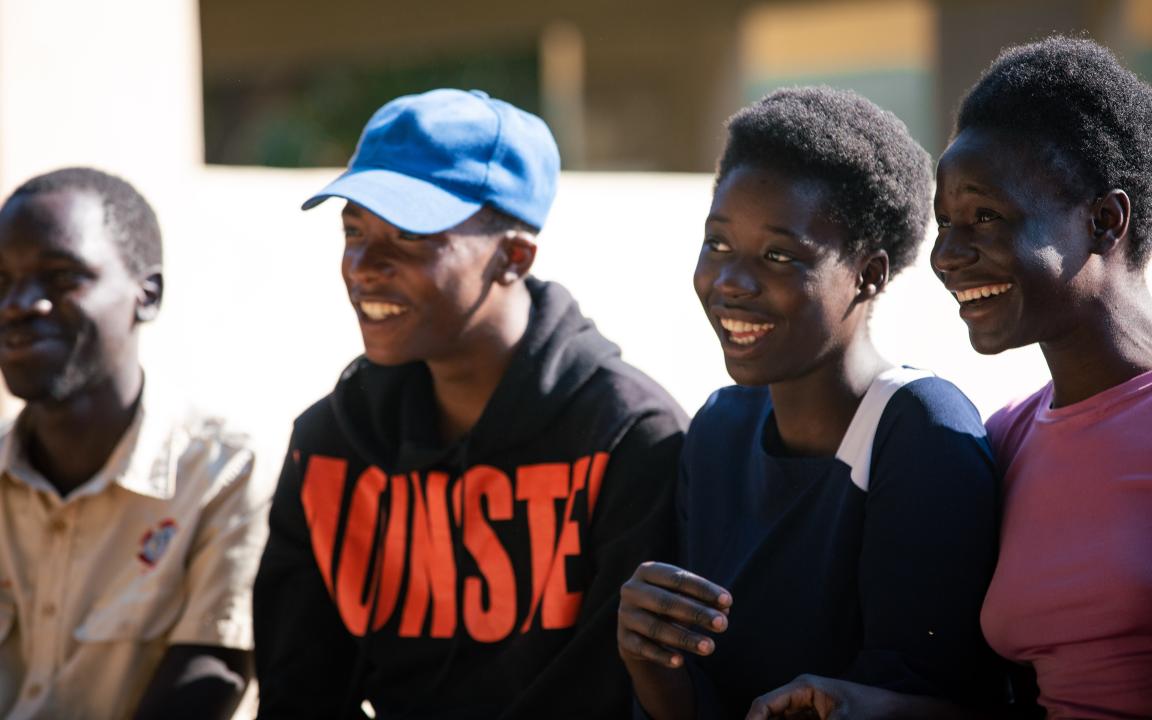Context
In Zambian society, women and girls from low-income families and rural areas are particularly disadvantaged. Discriminatory gender roles, norms and behaviours restrict their autonomy and access to social and health services. Violence against girls and women is common and widely tolerated.
More than half of Zambia’s population is under 18. It is primarily young people between 15 to 24 who are getting infected with HIV. Many are young women. Reasons for this include inadequate sexuality education and limited access to sexual and reproductive health services.
Zambian women often lack economic opportunities, which makes them more dependent on partners and male family members. Due to early marriage, caregiving responsibilities and pregnancy, they are often forced to drop out of school. This limits their career prospects and hampers Zambia’s overall economic development.
Objective
Selected government and non-government actors in the project regions are advocating increasingly for the rights of young people. This is contributing to the prevention of HIV, early pregnancy and gender-based violence.
Approach
The project works in the following priority areas:
• It supports the role of local HIV and AIDS coordination advisors within local administrations in order to implement awareness measures more effectively – such as the join-in circuit on AIDS, love and sexuality.
• It gets young people involved in developing youth-friendly, gender-responsive services and improves sexuality education in schools.
• Through intergenerational dialogue with young people and religious and traditional actors, the project provides support so that more people use health services.
Last update: April 2025
